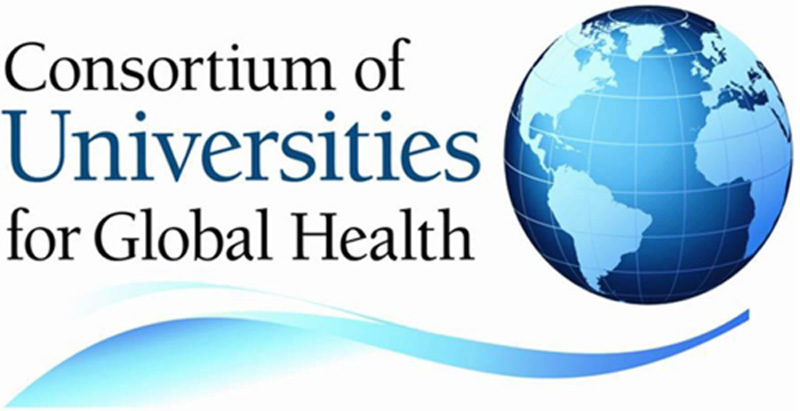Overview
Sustaining Technical and Analytic Resources (STAR) is a five-year project of the Public Health Institute, supported by the United States Agency for International Development (USAID). STAR’s overall goal is to strengthen the capacity of global health professionals and organizations so they can implement stronger programs, achieve better results, and have a greater impact on health.
Academic institutions produce research, teaching tools, and innovations to solve the most stubborn health challenges. But their contributions do not always make it out of the lab and into the hands of the broader global health community. STAR’s Academic Partnerships program is working to change that. STAR encourages institutions in the U.S. and around the world to partner mutually and beneficially, and to share knowledge towards the development of stronger global health programming.
STAR provides two avenues for academic partnerships:
• Apply for a Collaboration Laboratory grant.
• Join our knowledge-sharing community.
WHAT IS THE COLLABORATION LABORATORY?
The Collaboration Laboratory is STAR’s facilitated approach to test, refine, and document what works and what does not in creating and sustaining academic partnerships. Paired academic institutions joining the Collaboration Laboratory receive grant funds and a facilitated learning experience while they work together on a project to solve a problem or generate new knowledge in global health. Eligible partnerships include one U.S. and one overseas-based academic institution, or two overseas academic institutions (from different countries/regions). The Collaboration Laboratory is made possible through funding by the United States Agency for International Development (USAID).
STAR launched its Collaboration Laboratory in September 2019, pairing eight academic institutions from varying regions around the world.
For additional information please visit: https://www.ghstar.org/
